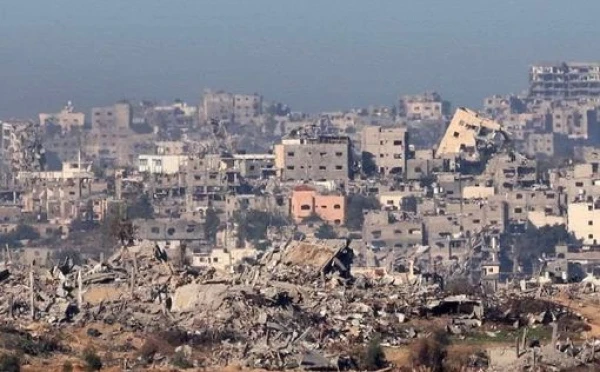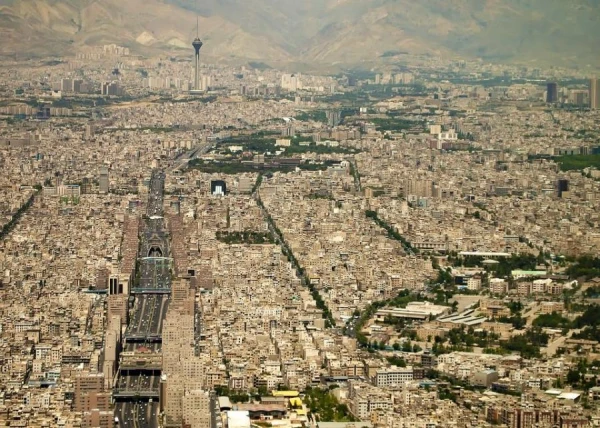
The newspaper "Maariv" published an article about a new and unexpected threat related to the situation in Gaza.
Israel warned: Gaza faces flooding – risks becoming the 'Eastern Venice'. The newspaper "Maariv" published an article about a new and unexpected threat related to the situation in Gaza.
In addition to the extensive destruction from hostilities, the restoration of which may take years, experts warn of a serious climate threat that requires a systematic approach. Even before the war began, more than two years ago, the IDF Intelligence Directorate prepared a special report on global warming, climate change, and their potential impact on the eastern Mediterranean basin.
According to specialists' estimates, by the end of the 21st century, the average annual temperature in the region could rise by six degrees. This will lead to a significant warming of the Mediterranean Sea waters and a rise in its level by at least half a meter. One possible consequence will be the partial flooding of the city of Gaza, turning it into a kind of "Venice of the Eastern Mediterranean."
The first problem that may arise in this regard will be a severe shortage of fresh water due to the intrusion of salty seawater into the coastal aquifer. Already today, salinization of underground sources has been recorded in some areas of Gaza due to excessive water extraction.
One of the largest freshwater reservoirs is located in the al-Mawasi area – the lowest point of the enclave. The rise in sea level could lead to flooding of this area, which is also a key agricultural territory. In addition, experts estimate that the sewage systems in Gaza could be completely destroyed by the rising sea.
In Israel, there is concern that the climate crisis could trigger large-scale population displacement – tens of thousands of Gaza residents may rush to the borders of Israel and Egypt. This, in turn, could lead to an ecological and sanitary crisis in the region.
"The restoration of Gaza must take into account the climate factor and the risk of rising sea levels," said Professor Oded Pochter from the Holon Institute of Technology (HIT). According to him, complex engineering solutions will need to be implemented as part of restoration projects to protect the territory from flooding.
Professor Pochter emphasized: this is not a fantastic forecast, not hypothetical threats. He reminded that in recent years, especially during rainy and stormy periods, waves of up to 10 meters high have been recorded in the Mediterranean Sea. They have caused damage to Israel's coastal cities, including the port of Tel Aviv, and forced the municipalities of Ashdod, Rishon Lezion, and Tel Aviv to build protective embankments. However, he noted that not all embankments withstood the force of nature and did not stop the waves.
Researchers also reminded that the last two years have been record-breaking in terms of temperature levels, which accelerates water heating and may bring about the realization of pessimistic forecasts.
"The destruction in Gaza is colossal, and it is impossible to remove construction waste beyond the enclave," said Professor Pochter. He suggests using the rubble of buildings to form a new coastline – by reclaiming land towards the sea and constructing at a safe height. Such expansion could compensate for territorial losses associated with the planned expropriation of land in the eastern part of the enclave and in the Philadelphia Corridor area.
According to a number of proposals put forward by both the academic community and engineering groups, the infrastructure for sewage, water supply, and wastewater treatment should be designed with the potential rise in sea level in mind. Similar practices have already been applied in Israel: for example, in Jaffa (Aliya Beach) and Charles Clore Park in Tel Aviv, where areas were created based on recycled construction waste.
This week, Israel once again reviewed pre-war reports from the intelligence directorate regarding the impact of global warming and the climate crisis on Gaza, as part of the preparation for the second stage of negotiations, which are likely to take place in the coming weeks.













